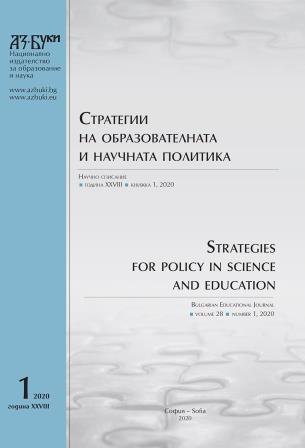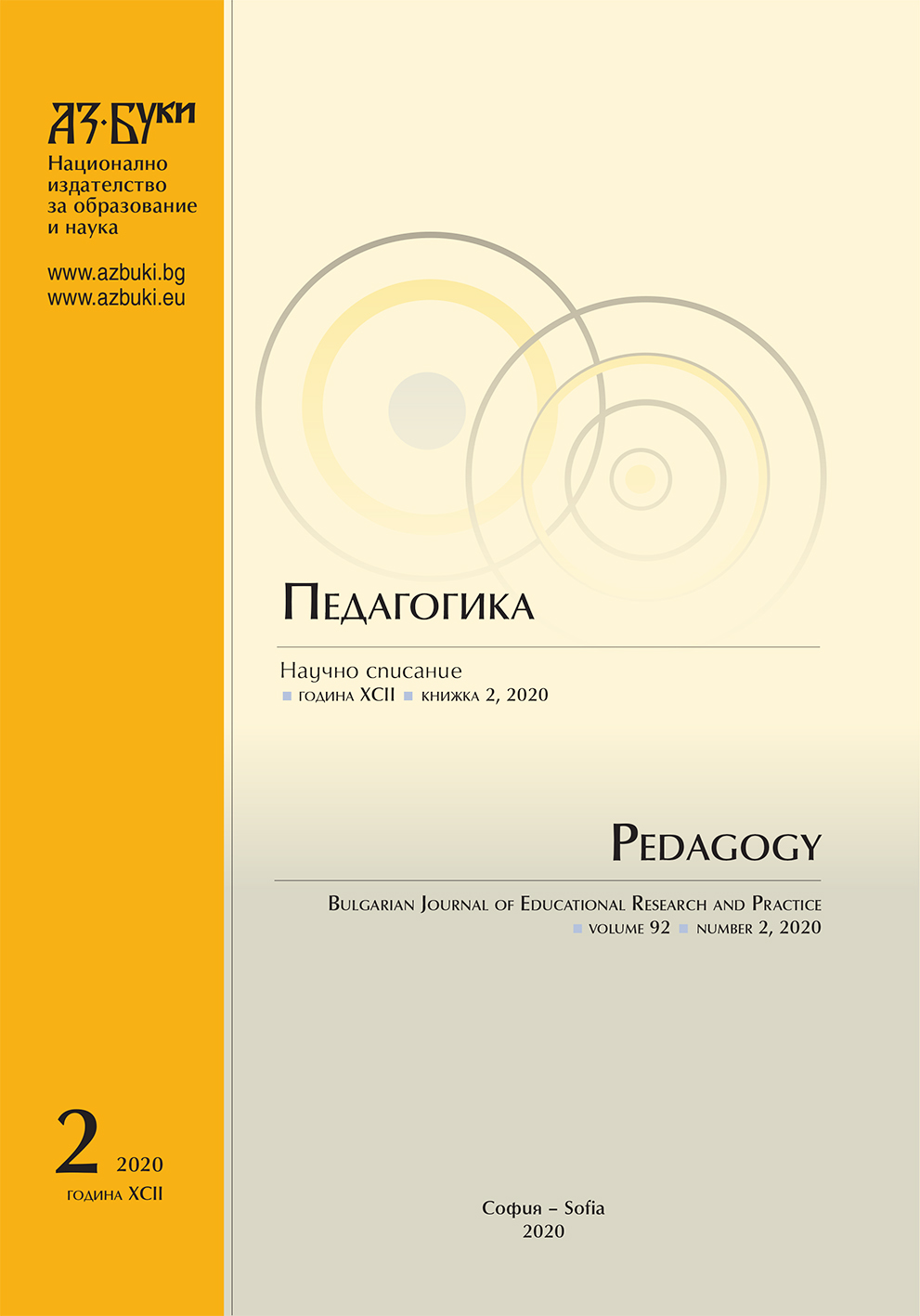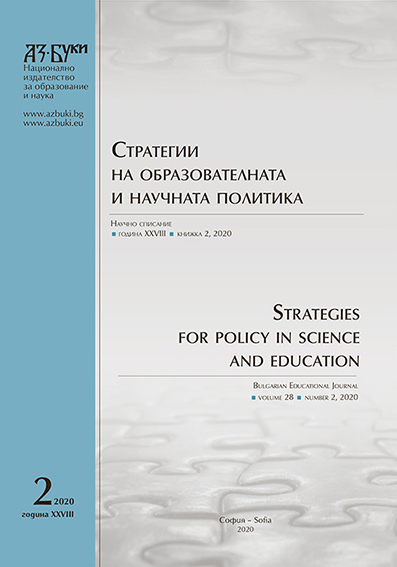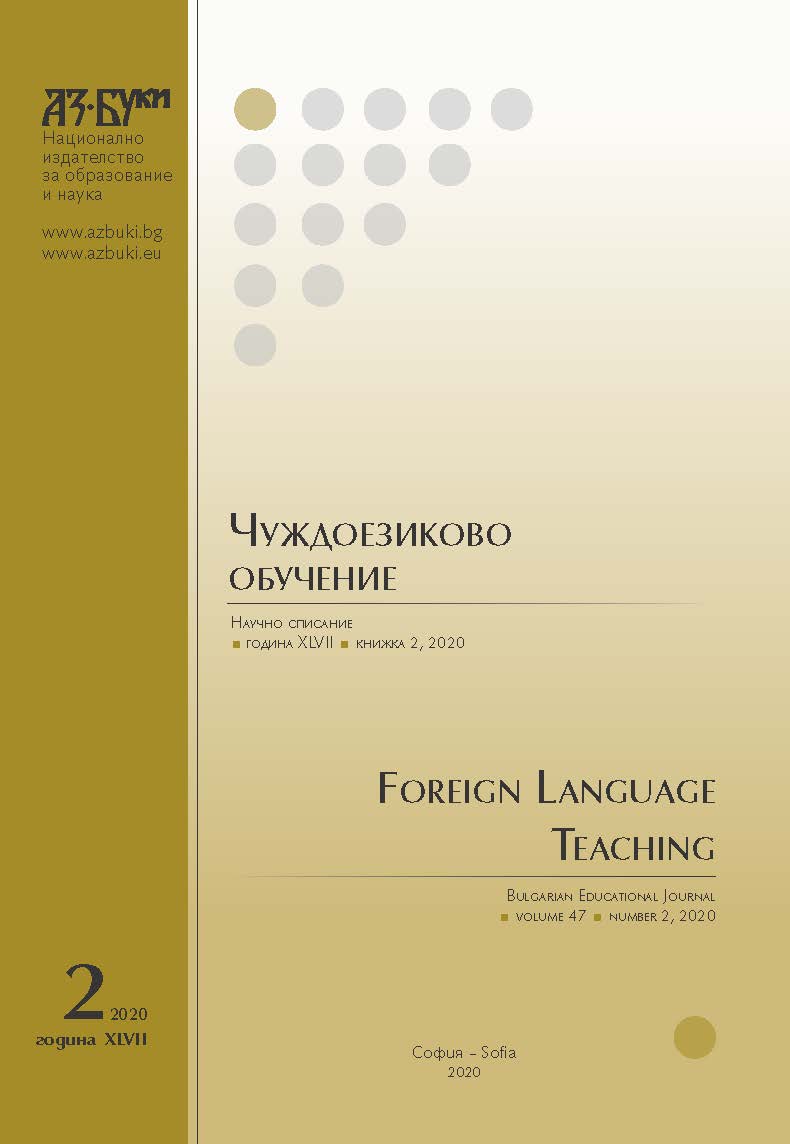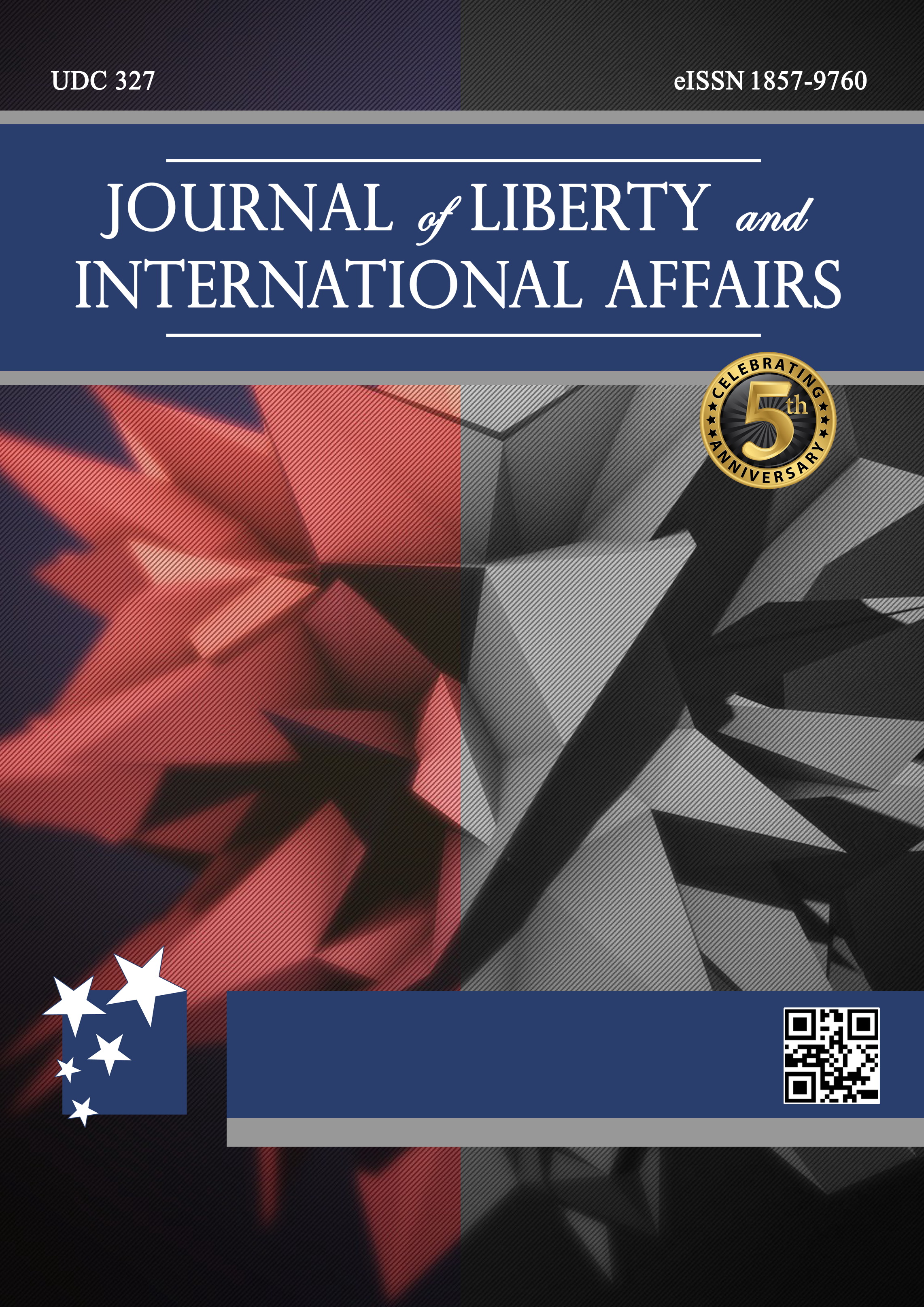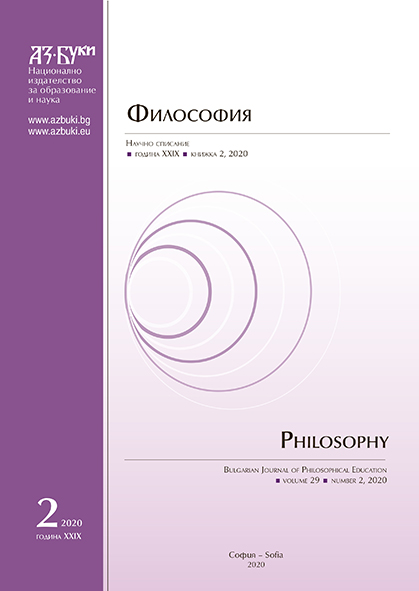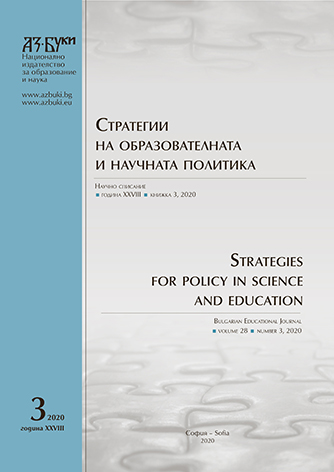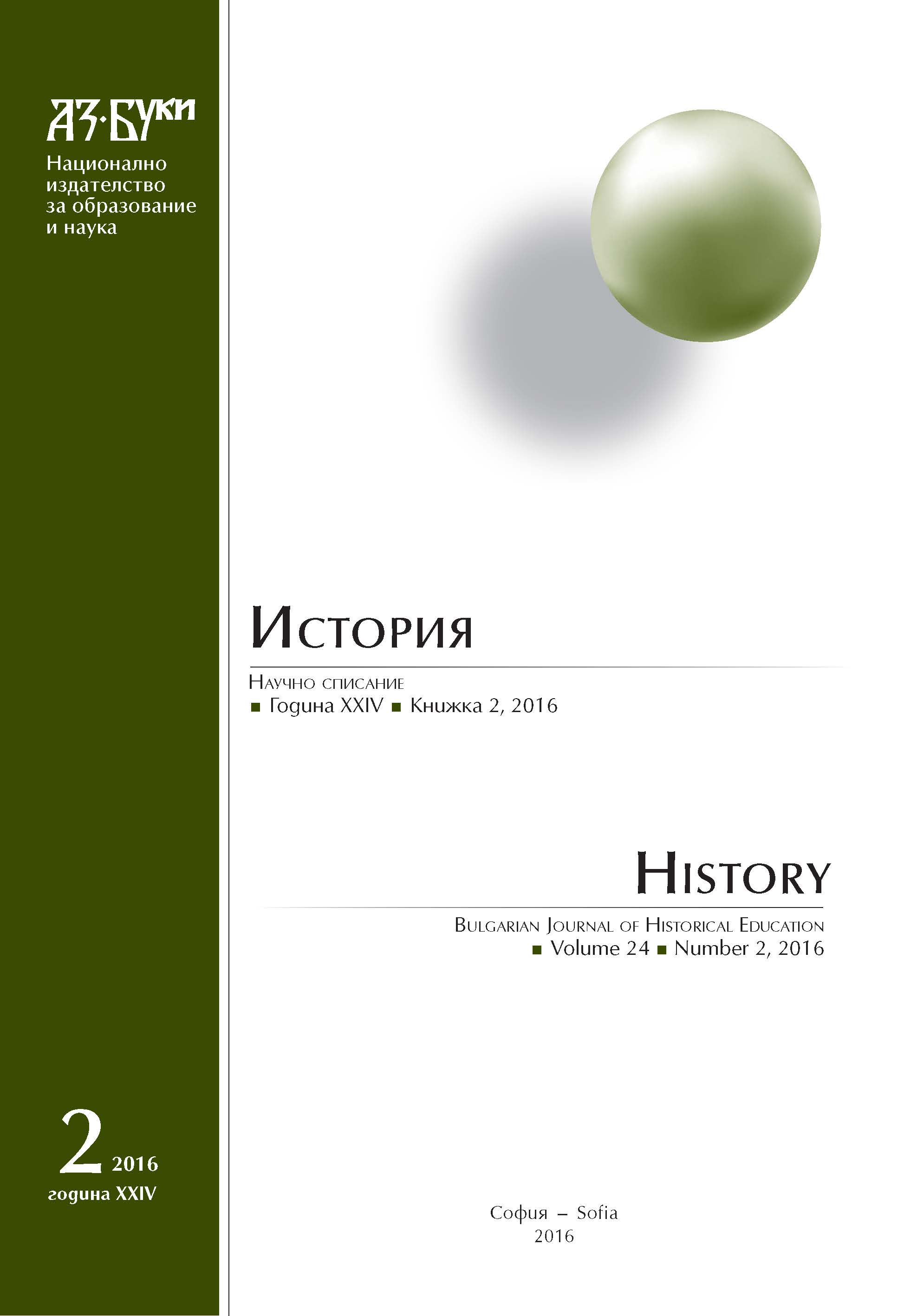
Българските училища в чужбина – историко-географско изследване
At the beginning of the 21st century, about 10% of the schools, teaching Bulgarian language, history, geography and culture, are outside Bulgarian boundaries and are located on all continents that are permanently populated. The subject of this study is to reveal the attitude of the Bulgarian state to these new phenomena, to the increasing number of schools abroad that teach Bulgarian language and culture.
More...
